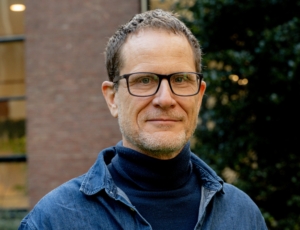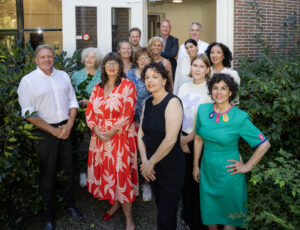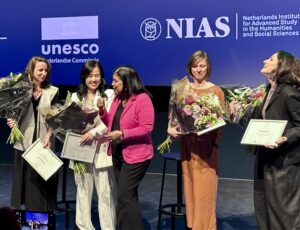We seem to witness the rise of a new, cultural political cleavage in western societies, based on educational levels. At a NIAS Seminar on Wednesday 25 April, political scientist Mark Bovens will explore the contours of this cleavage.
About the Seminar
Far into the twentieth century, political and social elites in western democracies were mostly formed on the basis of class or property. This is reflected in several dominant dimensions of political cleavage that have been identified in western polities. In post-industrial knowledge economies, the amounts and kind of education attained have become important resources influencing not only one’s chances in life and position in society, but also political attitudes and political behaviour. Consequently, in recent years, political scientists and sociologists have started to pay attention to the importance of education levels in the rise of a new, cultural political cleavage in western societies. In the seminar, I will explore to what extent an educational cleavage in politics can be observed across Europe. Can the well educated and the less educated be perceived as distinct social groups with specific, socio-demographic characteristics and different values and preferences regarding socio-cultural issues? And is there an effect on party formation and the political landscape?
The lecture is followed by an open discussion.
About the Speaker
Mark Bovens is the Van Doorn Fellow 2011/12 at NIAS, and Professor of Public Administration and Research Director at the Utrecht University School of Governance.
About NIAS Seminars
NIAS Seminars are organised by the Rector of the Institute. They are meant to appeal to interested parties from a wide range of backgrounds and are aimed to encourage closer contact within the Dutch academic world.
NIAS Seminars take place in the Lecture Room (NIAS, Meijboomlaan 1, Wassenaar, telephone 070-512 27 00). This Seminar starts at 11.30 hours and ends at 12.30. Everyone is welcome to attend the seminar and join the discussion. However, since changes in the programme may occur, please let us know if you wish to attend. For further information, contact Communication.



